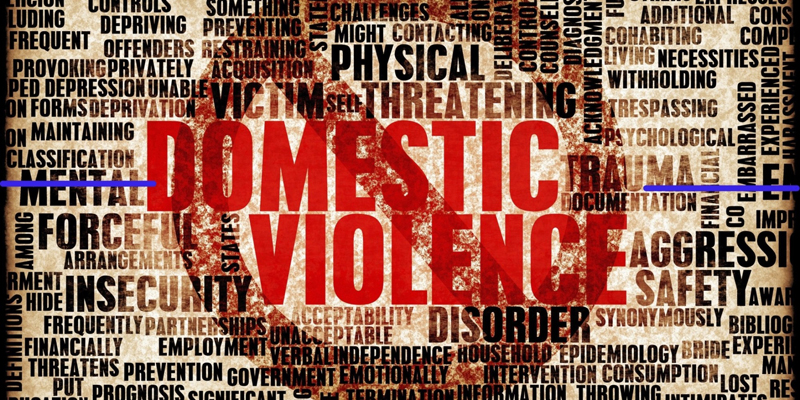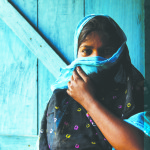DATE: 22ND DECEMBER 2015
REGISTRATION BEGINS AT 09:30 AM
VENUE: GULMOHAR HALL, INDIA HABITAT CENTRE
The Constitution of India lays down fundamental rights to all its citizens promoting basic human freedom. Amongst these, the right to equality which includes equality before law, prohibition or discrimination on the grounds of gender, caste, race, religion and place of birth is of prime significance. However, there has been a rise in cases of increasing discrimination against women manifested in the form of domestic violence, rape and sexual harassment at workplace.


Unfortunately, this pervasive violence is deeply rooted in the social-cultural context of Indian society, which for long has been accepted as ‘normal’. According to the National Family Health Survey (Round 3), 40.1 percent of married women and 16.9 percent of unmarried women in the age group of 15-49, have experienced physical or sexual violence in 2005. However, no such survey was done after 2005. Nonetheless, recent decades have seen the emergence of ‘law’ as a site of reform.
Amongst a large number of laws oriented towards women, The Protection of Women against Domestic Violence Act (PWDVA, 2005) is a milestone in the fight for gender equality and existing power relations. The act provides an inclusive definition of Domestic Violence based on the UN Framework for Model Legislation on Domestic Violence and UN Declaration on Elimination of Violence against women. Moreover, apart from recognizing relations of marriage it also covers familial relations of mother, daughter, widows and sister, etc. It also provides the right to reside in a shared household.
Centre for Social Research (CSR) through this National Consultation wishes to highlight and examine the gaps in the implementation of PWDVA as it enters its tenth year of implementation.
Expected Outcomes:
- Enhanced budget allocation
- Appointment of full time PO’s
- Strategy for training and sensitization of police, judiciary and general public.
- Improve coordination among different government agencies.
Discuss this article on Facebook




